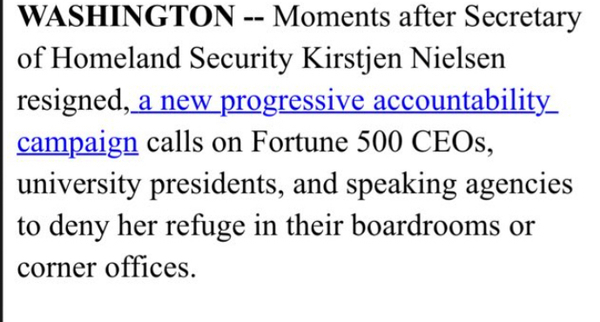Using insulting language, a habit increasingly characteristic of a media that has lost its moorings, Hiltzick makes the factually false claim that the gold standard led to instability in the interwar period. As Friedman's history shows, the Fed's paper money policy led to the Great Depression. In turn, the mismanagement of the paper money banking system was multiplied by Herbert Hoover's jawboning about wage cuts and the Smoot-Hawley tariff. A master of nonsequitor, Hiltizck writes:
If
the economy of one country ebbed relative to another, preserving the
gold standard meant that something else would have to give — laborers
thrown out of work or wages brought down.
This reflects a misunderstanding of what an economy is, what the subject of economics studies, and how paper money works. Paper money does not repeal the laws of supply and demand, Hiltzick's claim notwithstanding. The gist of the paper money system is that wages are systematically brought down through money illusion, a point that is lost on Hiltzick (but not the Keynesian economists to whom he refers).
Hiltzick's discussion of Friedman's Capitalism and Freedom overlooks Friedman's points that the Fed caused the Great Depression and that Friedman's idea of a fixed monetary rule, which turned out to be a complete failure, could mimic a gold standard. True, following the failure of his fixed monetary rule Friedman remained a member of the helicopter crowd--a term Friedman himself first applied to monetary creation. Those who do not do good service to Wall Street do not win Nobel Prizes.
Hiltzick cites a group of Keynesian and monetarist economists hired by investment banker-financed Ivy League universities (see my piece in Industry and Higher Education) without Hiltzick's grasping that far worse instability has occurred since 1913 than before and that gold was at most an indirect cause of the Great Depression; mismanagement of the paper money system was the chief cause, along with ham-handed fiscal and trade policies. These economists are unapologetic in their advocacy of instability-causing policies, one outcome of which was the failures of 2008.
The two-pronged issue that is most important to the deep state is its control of money and its ability to direct the economy through credit. There are two categories of gold standard opponents: The first knows that it is a servant of power and of increasing income inequality. The second doesn't know, actually believes the nonsense taught in basic economics classes, and is useful to Goldman Sachs and Mitt Romney.
That Trump would consider a gold standard advocate means that he is better than I thought in 2016. In making donations to Republicans, I will be careful to donate to PACs that oppose the deep state. I will avoid the likes of Romney, Gardner, Murkowski, and Cramer.
This reflects a misunderstanding of what an economy is, what the subject of economics studies, and how paper money works. Paper money does not repeal the laws of supply and demand, Hiltzick's claim notwithstanding. The gist of the paper money system is that wages are systematically brought down through money illusion, a point that is lost on Hiltzick (but not the Keynesian economists to whom he refers).
Hiltzick's discussion of Friedman's Capitalism and Freedom overlooks Friedman's points that the Fed caused the Great Depression and that Friedman's idea of a fixed monetary rule, which turned out to be a complete failure, could mimic a gold standard. True, following the failure of his fixed monetary rule Friedman remained a member of the helicopter crowd--a term Friedman himself first applied to monetary creation. Those who do not do good service to Wall Street do not win Nobel Prizes.
Hiltzick cites a group of Keynesian and monetarist economists hired by investment banker-financed Ivy League universities (see my piece in Industry and Higher Education) without Hiltzick's grasping that far worse instability has occurred since 1913 than before and that gold was at most an indirect cause of the Great Depression; mismanagement of the paper money system was the chief cause, along with ham-handed fiscal and trade policies. These economists are unapologetic in their advocacy of instability-causing policies, one outcome of which was the failures of 2008.
The two-pronged issue that is most important to the deep state is its control of money and its ability to direct the economy through credit. There are two categories of gold standard opponents: The first knows that it is a servant of power and of increasing income inequality. The second doesn't know, actually believes the nonsense taught in basic economics classes, and is useful to Goldman Sachs and Mitt Romney.
That Trump would consider a gold standard advocate means that he is better than I thought in 2016. In making donations to Republicans, I will be careful to donate to PACs that oppose the deep state. I will avoid the likes of Romney, Gardner, Murkowski, and Cramer.



